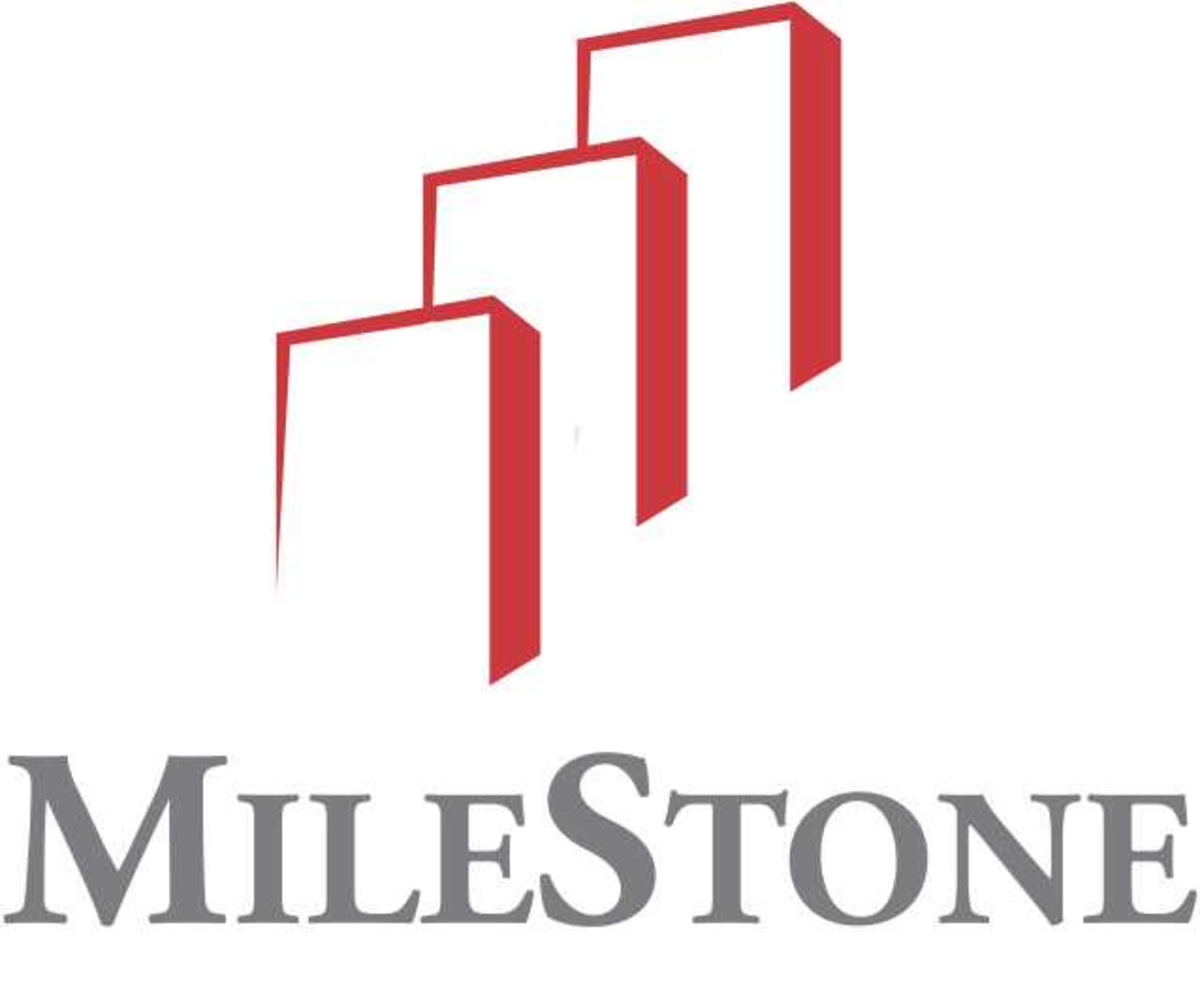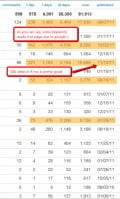How Do I Legally Drive Traffic to My Hubs?
How Do You Generate Website Traffic to Your Hubs?
One of the challenges of Hubpages is generating the traffic to garner ad revenue and, depending on your monetization scheme, product sales or affiliate links.
What can you do to legally generate traffic for your Hubs? And what are the pros and cons for each method of generating website traffic to your Hubpages?
Method 1: Tell Me About It
One of the tried and true solutions for generating Hubpages traffic and views for any website is writing an article that hits a specific key word or search term that few others do. You used to be able to write an article keyed to a specific search engine term, add in related search terms, and you’d get the search results as long as the website wasn’t flagged as spam.
This method of generating web traffic has become much harder as Google tweaked its algorithm to block spam and almost eliminate search engine optimization. First they blocked sites that had listed the key term too often. Then they started to prioritize content based on source; websites deemed content mills were penalized, no matter how good your particular article was.
Google’s changes in 2014 and 2015 have shifted to answering the questions they think the internet search is intended to answer. Many queries now generate a several sentence how to result below the search line, which will lead users to stop searching any further.

Pros of This Method
With some research on the topic and the competing “answers”, almost anyone can still generate evergreen content using this method.
If you have an in depth explanation of a topic with good references, you’re still relevant. Answer a question almost no one else has answered, and you’ll generate web traffic.
Have better videos and how-to instructions than anyone else, and you may stay in the top search results and get website traffic.

Cons of This Method
If Google alters its search engine to bias results toward the authenticity of the site, such as giving preference to WebMD’s general article on a medical condition though you’re a parent raising a child with the disorder, your Hub may not be in the top few search results no matter its quality.
If your Hub is a how-to that can be answered in five short bullets or less, you lose.
Method 2: Blog It
Blogging on a separate site can, if done right, generate additional views for your articles. You could write guest blogs for others in exchange for links to your hubs being posted on that site.
Another option is maintaining a blog yourself. You could have a well read personal blog and add links to your Hubpages articles, leading traffic to the Hubs.
One version of this method is to maintain a blog on your personal or corporate home page while referencing the Hubs periodically and vice versa.

Pros of This Method
If you write a blog for someone else’s site, they may do all the marketing for the content, resulting in less need to promote your own content.
Adding Hubpages links to your personal journal may provide a second way to earn ad revenue. You could use a Google Adsense alternative on your blog while tapping into Google Adsense to make money on Hubpages.
Personal blogs can be referenced on the Hubs, potentially generating traffic for your personal blog from the Hubs. The effort to link Hubpages and a personal blog thus has the potential to increase traffic on both.
You can put affiliate links in a personal blog linked to the Hub that might not be allowed on the Hubpages site itself.
You can use Hubs in place of an FAQ on a personal website while using the blog to demonstrate your professional expertise on a subject.
Cons of This Method
You may need to write twice as much content as you would otherwise in order to generate Hub traffic.
There is still time and effort involved in finding guest blogging opportunities and writing content for them.
If you rely on a personal blog to capture traffic to your Hubs, you need to keep the blog both updated and relevant to sustain traffic – and a large number of blogs are abandoned after a few months.
Method 3: Be Your Own Social Marketer
Being your own social marketer essentially means marketing your own content in order to generate website traffic.
With this method, you’re researching who is asking for the answers your Hubs provide or would be interested in the subjects your articles discuss. This method requires posting links to your articles as updates on social media, whether as status updates or links in forums.

Pros of This Method
If the link postings are targeted to a relevant discussion and the content answer’s someone’s question or adds to the group discussion, one link can generate a constant flow of views for an extended period of time.
If the link generates a lot of interest, the link to the Hub gets shared by others. This method has the potential of making your Hub go viral organically.
You can do this judiciously as a part of any project you are working on, such as putting links to your Hubs in eBooks you write or sending links to content as a Tweet along with witty commentary.
Well placed links are worth far more than web spam, while spamming your links all over the web is illegal and can hurt your site's results in search engine rankings.
Cons of This Method
To generate traffic this way, you need to invest time in researching appropriate locations to post your link.
Constantly posting article links in your personal status feed can turn off friends and family.
If your social media account gets flagged as spam, your friends may see you disappear off the site.
Setting up multiple social media accounts to act as your own social marketer for your content may be a violation of the social network’s terms and conditions, which can get any and all of the accounts banned.
If you are working to market your content, you don't have the time or follower attention span to market anything else well.








